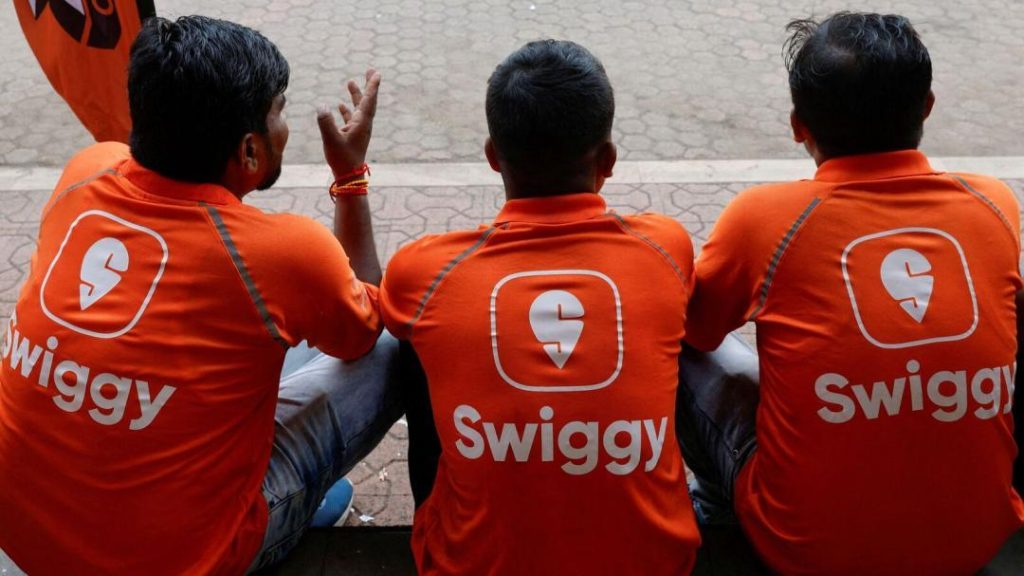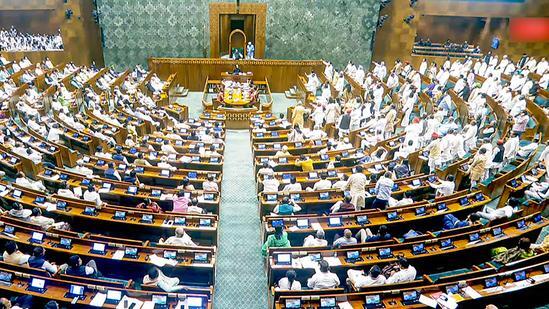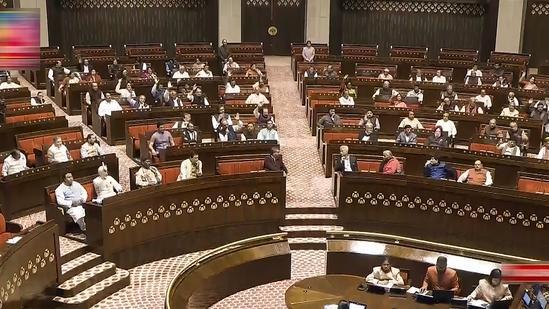
Swiggy Faces ₹158 Crore Tax Demand Over Cancellation Fees
In a recent development, the Bengaluru-based food delivery giant, Swiggy, has been slapped with a whopping ₹158 crore tax demand by the income tax department for the financial year 2021-22. The demand stems from alleged violations related to cancellation charges paid to merchants, a move that could have far-reaching implications for the digital economy.
According to reports, Swiggy has received a notice from the income tax department, claiming that the company had failed to deduct and deposit tax on the cancellation charges paid to its merchants. The notice suggests that Swiggy had collected cancellation fees from customers and paid them to merchants without deducting the applicable taxes, resulting in a tax liability of ₹158 crore.
Swiggy, however, has plans to appeal against the demand, citing a misunderstanding of tax provisions. In a statement, the company said that it was “reviewing the notice and will take necessary steps to address the concerns”. It is worth noting that Swiggy has a huge network of merchants across the country, and the cancellation fees paid to them are a significant portion of the company’s revenue.
The tax demand comes at a time when the Indian government is cracking down on tax evasion and ensuring that digital companies comply with tax laws. The income tax department has been actively monitoring the transactions of e-commerce companies, including Swiggy, to ensure that they are paying the requisite taxes.
Experts suggest that the case may set a precedent for how cancellation fees are taxed in the evolving digital economy. “This is a significant development, as it highlights the need for e-commerce companies to ensure that they are complying with tax laws,” said a tax expert. “The income tax department is sending a strong message that it will not tolerate tax evasion, and companies must be prepared to face the consequences.”
The tax demand also raises questions about the taxation of digital services, including food delivery and other e-commerce services. Currently, digital services are subject to a 5% GST, but experts argue that the taxation of cancellation fees is a grey area. “The government needs to clarify the taxation of cancellation fees and ensure that e-commerce companies are complying with tax laws,” said another tax expert.
In recent years, there has been a surge in the popularity of food delivery apps, including Swiggy, Zomato, and Foodpanda. These apps have disrupted the traditional way of ordering food, making it easier for customers to order their favorite dishes from the comfort of their own homes. However, the rise of food delivery apps has also raised concerns about the taxation of cancellation fees.
Swiggy’s cancellation fees are a significant portion of its revenue, and the company has been collecting these fees from customers. However, the income tax department claims that Swiggy had failed to deduct and deposit tax on these fees, resulting in a tax liability of ₹158 crore.
The tax demand is not the first time that Swiggy has faced trouble with the income tax department. In 2020, the company was slapped with a notice for alleged non-compliance with tax laws. The notice claimed that Swiggy had failed to deduct and deposit tax on the commissions paid to its merchants.
In conclusion, Swiggy’s ₹158 crore tax demand is a significant development that highlights the need for e-commerce companies to ensure that they are complying with tax laws. The case may set a precedent for how cancellation fees are taxed in the evolving digital economy, and it is essential for the government to clarify the taxation of digital services. As the digital economy continues to evolve, it is crucial for companies to ensure that they are complying with tax laws to avoid any future issues.
Source: https://ascendants.in/industry_events/swiggy-rs-158-crore-tax-demand/






